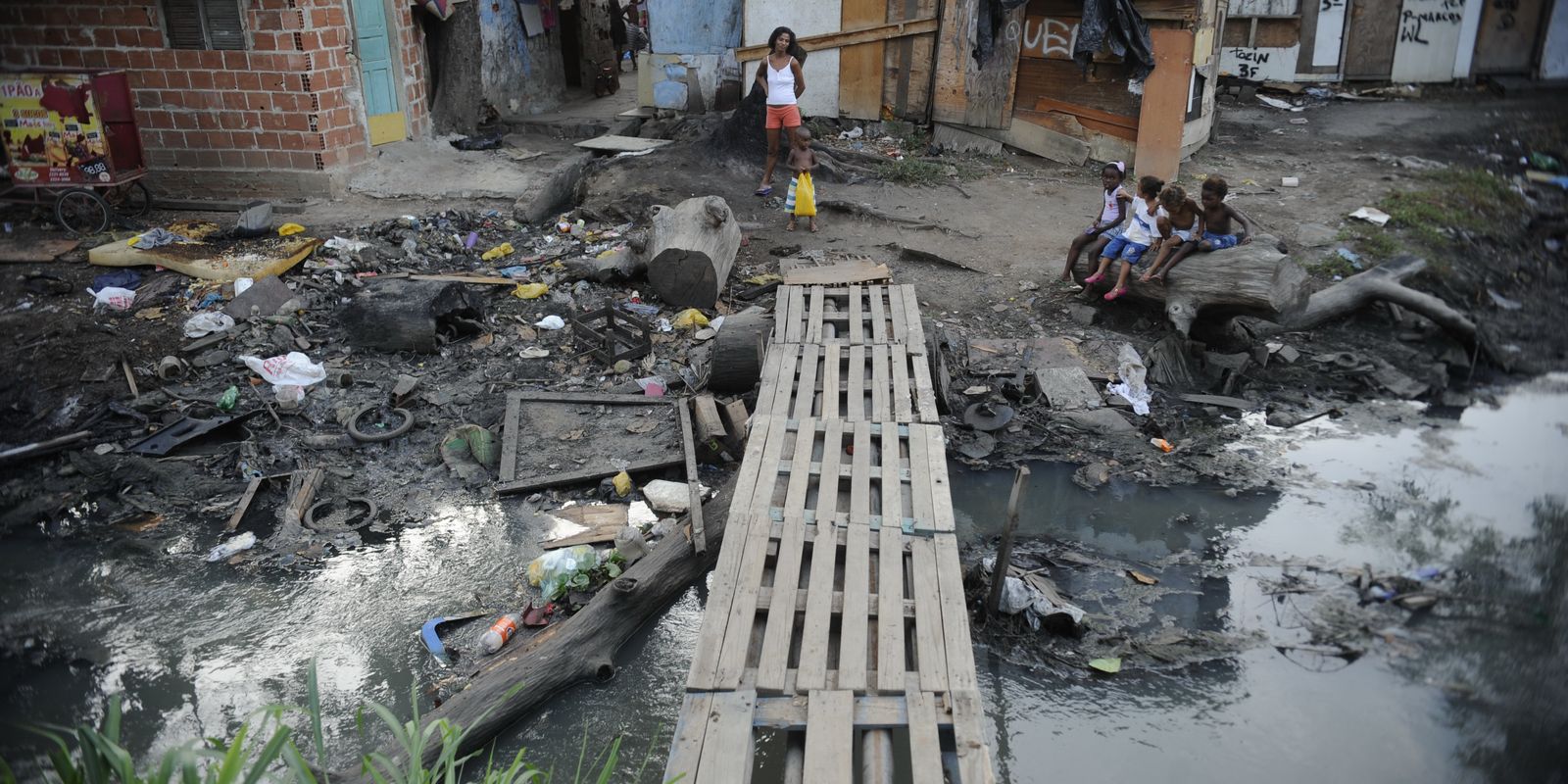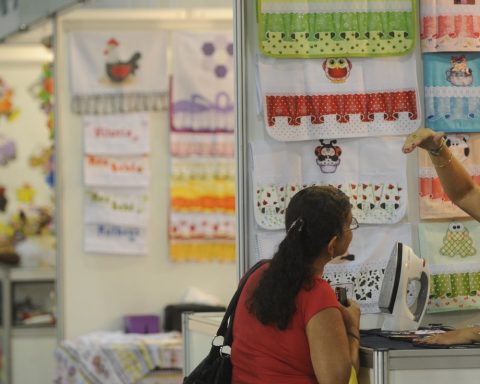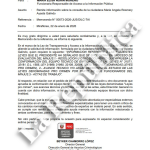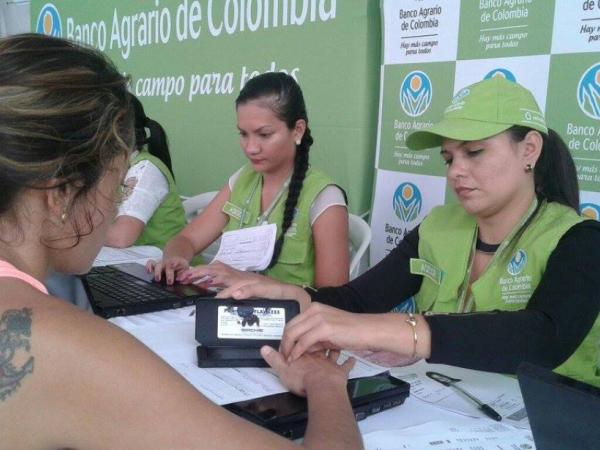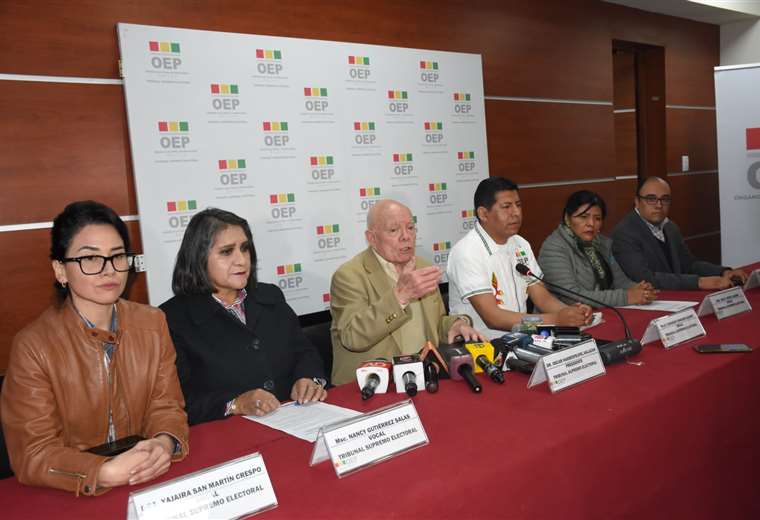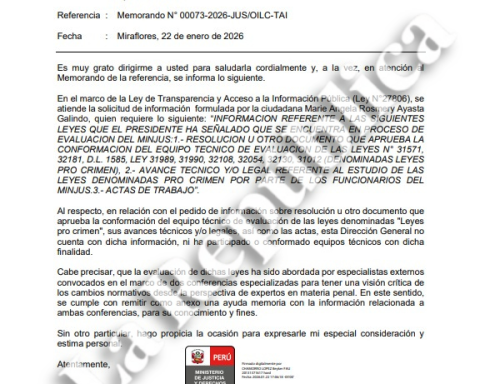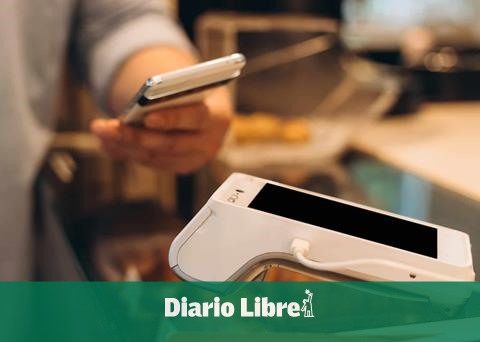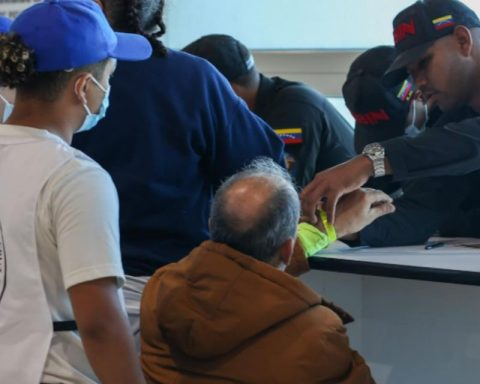The United Nations Children’s Fund (Unicef) warns that 12.2 million children and adolescents live without adequate access to sanitation and 2.1 million without adequate access to water in Brazil.
According to Unicef, this reality exposes them to severe risks, compromising their health and affecting their physical, educational and social development. To raise awareness about the issue, Unicef launches a campaign with Ratinho do Castelo Rá-Tim-Bum, with the aim of raising funds for projects aimed at providing girls and boys with access to water, sanitation and hygiene. Unicef launches this campaign in the context of Children’s Day, celebrated on October 12th.
Information on water and sewage was obtained from the 2022 Demographic Census, from the Brazilian Institute of Geography and Statistics (IBGE). These deficiencies, concentrated mainly in the most vulnerable areas, increase social inequality, aggravate the vulnerability of these children and adolescents and, in the long term, result in consequences such as impacts on health and low school performance.
According to the data, the challenges of access to water and sanitation are more severe in the semi-arid northeast and in the Amazon region. Regarding color/race, almost 70% of children and adolescents with inadequate access to sanitation are black or mixed race.
Furthermore, 25% of indigenous children and adolescents do not have adequate access to water and 48% live without sanitation. The number is in line with data released by IBGE last Friday (4) showing that more than one million indigenous people (including children and adults) live in conditions of precarious sanitation.
According to Lidia Carvalho, marketing coordinator at Unicef, this precarious or non-existent access to both water and sanitation has impacts not only on the present moment, but also on the future of children and adolescents. “They generate problems that harm their development, risk of disease, dropping out or falling behind in school and increasing inequalities”.
“Safe access to water and sanitation, for all children and adolescents, is a human right, recognized by the United Nations since 2010. Providing and strengthening public policies aimed at safe access to basic sanitation is a fundamental factor in moving towards the goals of sustainable development, without leaving anyone behind”, argues Rodrigo Resende, Water, Sanitation and Hygiene Officer at Unicef in Brazil.
Around the world, around 600 million children will live in areas with extreme water scarcity by 2040, according to a Unicef estimate. The study warns of the impacts on child health and survival and reveals that climate change, increased demand for water and poor management of water resources are the main factors that intensify this crisis.
Campaign
To draw attention to the challenges faced daily by girls and boys who live in regions where access to drinking water and sanitation is limited or non-existent, Unicef teams up with one of TV’s most iconic characters, the Mouse from the program Castelo Rá- Tim-Boom.
The action, created by the agency VML Brasil, recreates one of the most memorable scenes from the program, in which the character takes a shower singing his famous song. This time, however, when he turns on the shower, he is faced with a harsh reality: the lack of water. The audience will be invited to make donations to Unicef’s water, sanitation and hygiene actions in Brazil, aimed at schools and vulnerable communities. With each donation, participants will contribute to reaching the goal that will unlock a new character clip. Find out more on the campaign website.
For the campaign, Unicef has the support of Instituto Claro, Huggies and Grupo Profarma.
